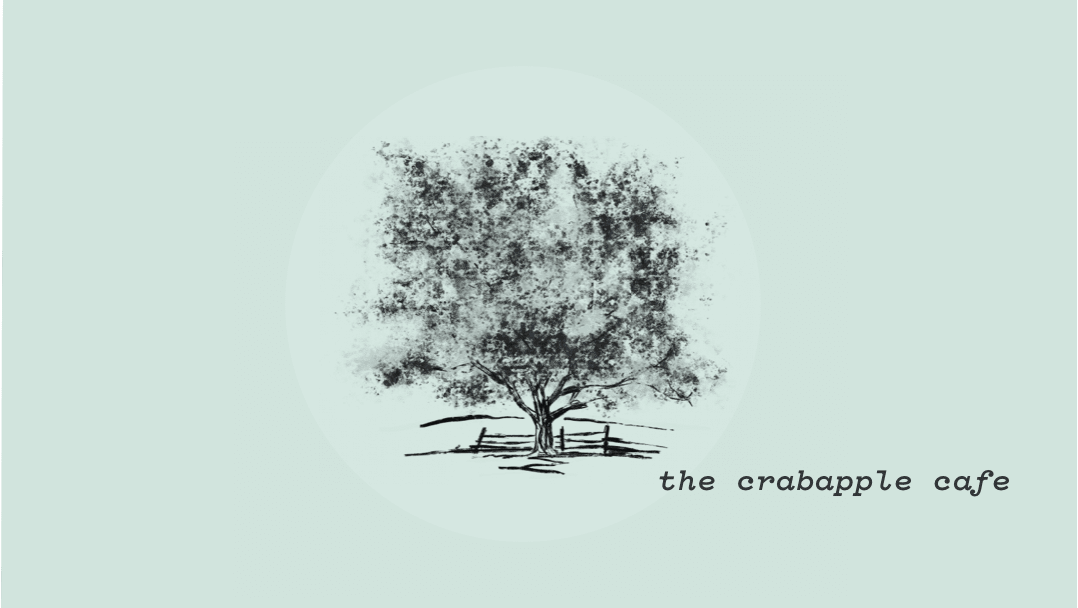Fishing has woven itself into the fabric of human experience, evolving from a primal act of survival into a rich narrative and strategic experience that mirrors the development of culture and play. From ancient rituals that taught moral lessons through ritualized catches to modern games where fishing quests echo timeless rites of passage, this journey reveals fishing not just as a pastime—but as a profound symbol of human ingenuity, community, and imagination.
From Ritual to Reward: Fishing as a Narrative Catalyst in Myth and Modern Play
Long before written records, fishing was embedded in spiritual practices, where each catch was seen as a message from the divine. Ancient myths from Mesopotamia, Egypt, and Polynesia depict fishing as a sacred rite—Hermes guiding Odysseus with a rod, or ancestral spirits rewarding patience with an abundance of fish. These rituals transformed fishing from mere subsistence into a symbolic quest, embedding lessons of respect for nature, perseverance, and humility.
Rituals Embedding Moral Lessons
In early civilizations, fishing ceremonies reinforced community values. For example, among the Māori of New Zealand, the first catch of the season was offered to tribal deities as thanks, symbolizing gratitude and balance with the environment. Such practices wove ethical frameworks into daily life, turning fishing into a living story where every cast was a step in a sacred narrative.
From Myth to Modern Game Mechanics
Modern games like Angler’s Odyssey and Deep Dive Quest echo these ancient rites through quest-based storytelling. Players endure patient waiting, environmental challenges, and moral choices—mirroring the ritual of reverence and endurance. These mechanics invite players not just to fish, but to experience the deeper narrative of respect, strategy, and transformation, just as ancient fishers once did.
The enduring power of fishing lies in its ability to translate real-world patience into digital tension. Every cast becomes a narrative decision, every catch a reward shaped by both skill and storytelling—bridging ancient wisdom and modern gameplay.
Explore how ancient fishing rituals shaped modern storytelling and game design
| Stage | Key Element | Modern Parallel |
|---|---|---|
| Ancient Ritual | Offering first catch to spirits | In-game gratitude systems rewarding ethical play |
| Mythic Quest | Supernatural rewards for perseverance | Narrative arcs built on patience and risk |
| Community Practice | Shared fishing feasts | Multiplayer co-op and competitive fishing leagues |
Parallel Mechanics: From Rites to Runes
Just as ancient fishers refined techniques through generations of observation and trial, modern game developers iterate on mechanics inspired by angling’s precision—dynamic casting accuracy, environmental awareness, and adaptive strategy. These refinements mirror centuries of fishing evolution, where trial, error, and cultural sharing shaped both tools and tales.
“Fishing is not just about catching fish, but about understanding the rhythm of nature—and in doing so, rewriting our own story.” — Modern Game Designer, Ref. The Evolution of Fishing: From Ancient Tools to Modern Games
Strategic Depth Through Feedback Loops
In both ancient fishing and modern games, feedback shapes learning: the tug of line signals success or failure, just as a game’s resource scarcity or random events push players to adapt. This loop of action, response, and adjustment creates immersive tension, rooted in the same primal experience of engaging with nature—now digitized, but deeply familiar.
Cognitive Engagement Across Eras
The meditative focus of ancient fishers—waiting, sensing, responding—resonates in today’s mindful gaming. Titles like Tranquil Tackle emphasize calm anticipation over rush, reflecting a timeless human desire to connect deeply with the moment, whether by river or screen.
Adaptive Strategy: Ancient Wisdom Meets Digital Innovation
Fishing game design today balances authenticity with innovation, honoring ancestral problem-solving while embracing real-time feedback and dynamic environments. This fusion creates layered experiences where every decision feels meaningful—echoing the deep, intuitive knowledge once passed through generations.
From Communal Catch to Competitive Play: Fishing’s Social Fabric in Culture and Games
Fishing has long been a social ritual, fostering oral traditions, shared meals, and collective identity. From riverbank gatherings to village festivals celebrating the first catch, these moments wove communities together through mutual respect and storytelling.
Shared Culture and Oral Tradition
In many indigenous cultures, fishing stories were preserved through song and tale, teaching ethics, ecology, and kinship. These narratives strengthened group bonds and transmitted wisdom across generations—laying the foundation for storytelling that games now amplify through immersive worlds.
Multiplayer Dynamics in Modern Games
Games like Deep Blue Bonds replicate cooperative fishing, requiring teamwork, communication, and shared strategy—mirroring the collaborative spirit of real-world fishing communities. Competitive modes, meanwhile, echo traditional contests of skill, where reputation and mastery determined status.
Global Virtual Communities
Today, digital fishing connects real-world social bonds across borders. Virtual angling events and global leaderboards foster friendships and rivalries, transforming local gatherings into planetary networks rooted in shared passion.
Social Fabric in Game Design
Fishing games today reflect this evolving social dimension—offering co-op experiences, community challenges, and storytelling that honors both heritage and global participation. This design choice deepens engagement, transforming solitary play into shared cultural expression.
“Games turn fishing into a bridge—between past and present, solitude and community, tradition and innovation.” — Game Narrative Designer, Ref. The Evolution of Fishing: From Ancient Tools to Modern Games
From Survival to Simulation: The Psychological Depth of Fishing Across Eras
At its core, fishing speaks to a fundamental human experience: the interplay of patience, risk, and presence. Whether in ancient
